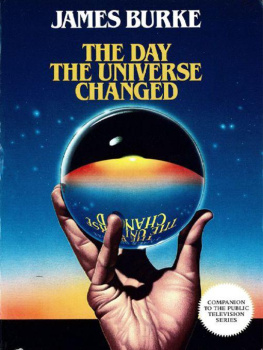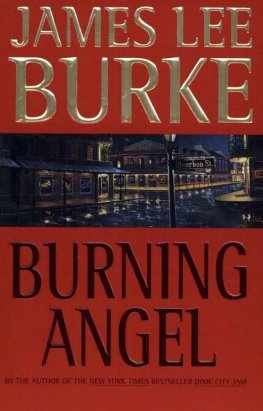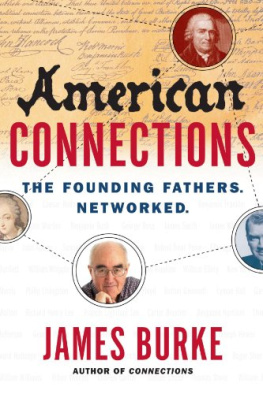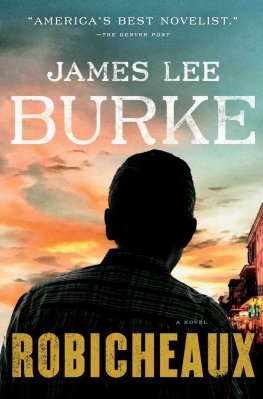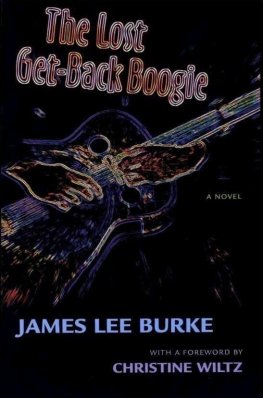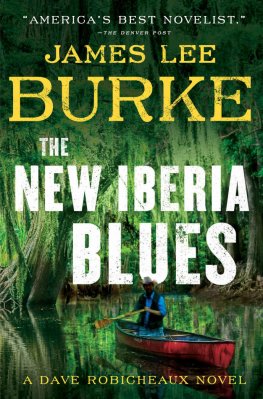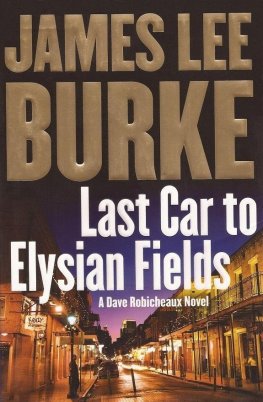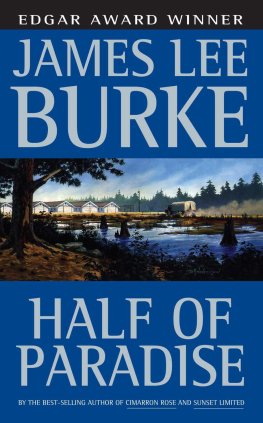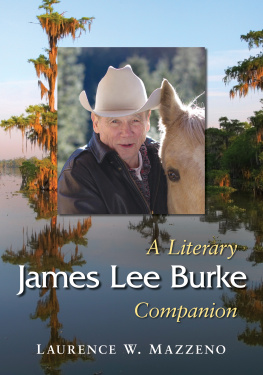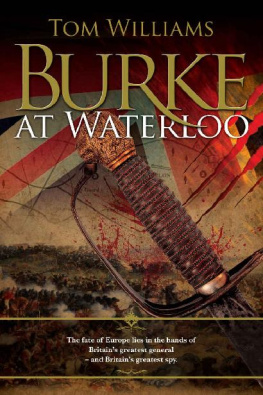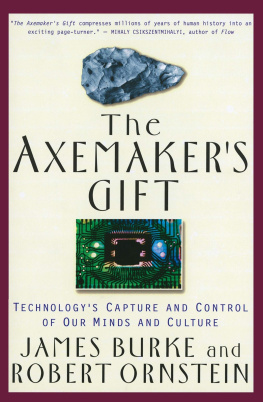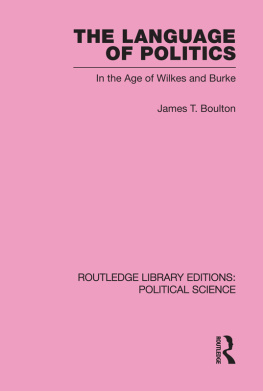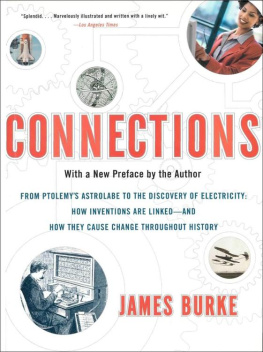Acknowledgements
So many members of academic faculties have given invaluable assistance in the writing of this book that it is regrettably impossible for me to express my gratitude to them all individually. I hope they will forgive me if I make mention in particular of Dr Alistair Crombie, of Trinity College, Oxford, who was especially generous with both his time and his unequalled knowledge.
I should like to thank Penny Fairfax, Bettina Lerner and Jay Ferguson for their meticulous assistance with research, as well as the television production team who worked so hard to make possible the series of programmes associated with this book: Richard Reisz, John Lynch, Martin Hughes-Games, Katharine Everett, Maralyn Lister, Dorothy Prior, Brian Hall, Ian Stone, John Else, Sarah Carr and last but far from least, my hardworking and talented assistant, Veronica Thorne.
Juliet Brightmore, Angela Dyer and Robert Updegraff put the book together, in trying circumstances, with the flair and quality for which they are justly known.
My wife, incredibly, tolerated it all for over three years.
JAMES BURKE
London 1984
Michael Holford, .
ARTWORK: Berry-Fallon Design, London, .
THE DAY THE UNIVERSE CHANGED
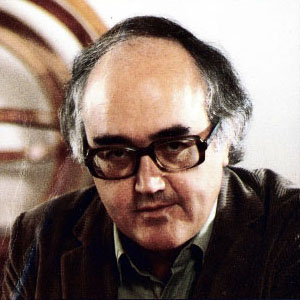
The Day the Universe Changed is James Burkes challenging examination of eight moments in history when a change in knowledge radically altered mans understanding of himself and the world around him. Covering ground from the rediscovery of Aristotelianlogic in Arab Spain to modern particle physics, Burke has done a masterful job. The result is a fascinating focused view of man and universe. It boggles the mind (Charleston Evening Post). Companion to the acclaimed television series of the same name, The Day the Universe Changed challenges the reader to decide whether there is absolute knowledge to discover, or whether the universe is ultimately what we say it is.
Since 1965 James Burke has been writing, producing, and presenting television programs on current affairs and science. After doing BBC-TVs Tomorrows World, he became the BBCs chief correspondent for the NASA Apollo missions. In 1972 he began his own weekly television series, The Burke Special. For his television achievements James Burke has received the Royal Television Society silver and gold medals, among other awards. He is the author of Connections, the best-selling history of innovation that was companion volume to the prize-winning television series of the same name.
The Day the Universe Changed, a ten-part series originally seen on PBS Television, is available in film or video from Churchill Films, Los Angeles, CA.
Bibliography
Place of publication is London unless otherwise stated, and in the case of university presses.
CHAPTER 1
Burnet, John, Early Greek Philosophy (A. & C. Black, 1892).
Campbell, Joe, Myths to Live By (Souvenir Press, 1973).
Cole, Michael, and Scribner, S., Culture and Thought: A Psychological Introduction (John Wiley: Chichester, 1974).
Cook, J. M., The Greeks in Ionia and the East (Thames & Hudson, 1962).
Douglas, Mary, Rules and Meanings: The Anthropology of Everyday Knowledge (Penguin: Harmondsworth, 1973).
Eliade, Mircea, Myth and Reality (Allen & Unwin, 1963).
Firth, Raymond, Symbols: Public and Private (Allen & Unwin, 1973).
Kuhn, Thomas S., Essential Tension (University of Chicago Press, 1977).
Leach, E., Culture and Communication (Cambridge University Press, 1976).
Leach, E., Social Anthropology (Fontana, 1982).
Levi-Strauss, Claude, The Savage Mind (Weidenfeld & Nicolson, 1966).
Lloyd, G. E. R., Early Greek Science: Thales to Aristotle (Chatto & Windus, 1970).
Neugebauer, O., The Exact Sciences in Antiquity (Dover Publications: New York, 1969).
Tejera, Victorino, Modes of Greek Thought (Prentice-Hall: Englewood Cliffs, N. J., 1971).
CHAPTER 2
Baldwin, J. W., The Scholastic Culture of the Middle Ages 1000-1300 (D. C. Heath: Lexington, Mass., 1971).
Brooke, Christopher, The Twelfth Century Renaissance (Thames & Hudson, 1969).
Brown, Peter, The Making of Late Antiquity (Harvard University Press, 1978).
Crombie, A. C, Augustine to Galileo, Vols I and II (Penguin: Harmondsworth, 1959).
Crombie, A. C, Robert Grosseteste and the Origins of Experimental Science, 1100-1700 (Clarendon Press: Oxford, 1971).
Dunlop, D. M., Arabic Science in the West (Pakistan Historical Society: Karachi, 1958).
Haskins, C. H., The Rise of Universities (Cornell University Press, 1923).
Hitti, Philip K., History of the Arabs,10th ed. (Macmillan, 1970).
Kantorowicz, H., Studies in the Glossators of Roman Law (Cambridge University Press, 1938).
Leff, Gordon, Mediaeval Thought (Penguin: Harmondsworth, 1958).
Murray, Alexander, Reason and Society in the Middle Ages (Clarendon Press: Oxford, 1978).
Ronchi, Vasco, The Nature of Light: An Historical Survey, trans. V. Barocas (Heinemann, 1970).
Southern, R. W., Mediaeval Humanism (Basil Blackwell: Oxford, 1970).
Waley, David, The Italian City Republics (World University Press: Stamford, 1969).
Wallace, William A., The Scientific Methodology of Theodoric of Freiberg (The University Press: Fribourg, 1959).
Watt, M., Influence of Islam on Mediaeval Europe (Edinburgh University Press, 1972).
CHAPTER 3
Allen, D. J., The Philosophy of Aristotle (Oxford University Press, 1952).
Aston, Margaret, The Fifteenth Century (Thames & Hudson, 1968).
Bolgar, R. R., The Classical Heritage and Its Beneficiaries (Cambridge University Press, 1954).
Boxer, C. R., The Portuguese Seaborne Empire 1415-1825 (Hutchinson, 1969).
Brucker, Gene, Renaissance Florence (John Wiley: Chichester, 1969).
Burke, Peter, Tradition and Innovation in Renaissance Italy (Collins, 1972).
Edgerton, Sam Y., The Renaissance Rediscovery of Linear Perspective (Harper & Row: New York,1976).
Gadol, J. K., Leon Battista Alberti (University of Chicago Press, 1970).
Gilmore, Myron P., The World of Humanism 1453-1517 (Harvard University Press, 1962).
Hay, D., The Italian Renaissance in Its Historical Background (Cambridge University Press, 1960).
Kristeller, Paul Oskar, Renaissance Philosophy and the Mediaeval Tradition (Archabbey Press: Pennsylvania, 1966).
Lindberg, David C, Theories of Vision from Al-Kindi to Kepler (University of Chicago Press, 1976).
Wackernagel, Martin, The World of the Florentine Renaissance Artist (Princeton University Press, 1981).
White, John, The Birth and Re-Birth of Pictorial Space (Faber & Faber, 1957).
Wittkower, R., Architectural Principles in the Age of Humanism (Warburg Institute, 1949).
CHAPTER 4
Brown, Lloyd A., The Story of Maps (Dover Publications: New York, 1949).
Buck, L. P., The Social History of the Reformation (Ohio State University Press, 1972).
Clanchy, M. T., From Memory to Written Record (Edward Arnold, 1979).
Dickens, A. G., The German Nation and Martin Luther (Fontana, 1974).

